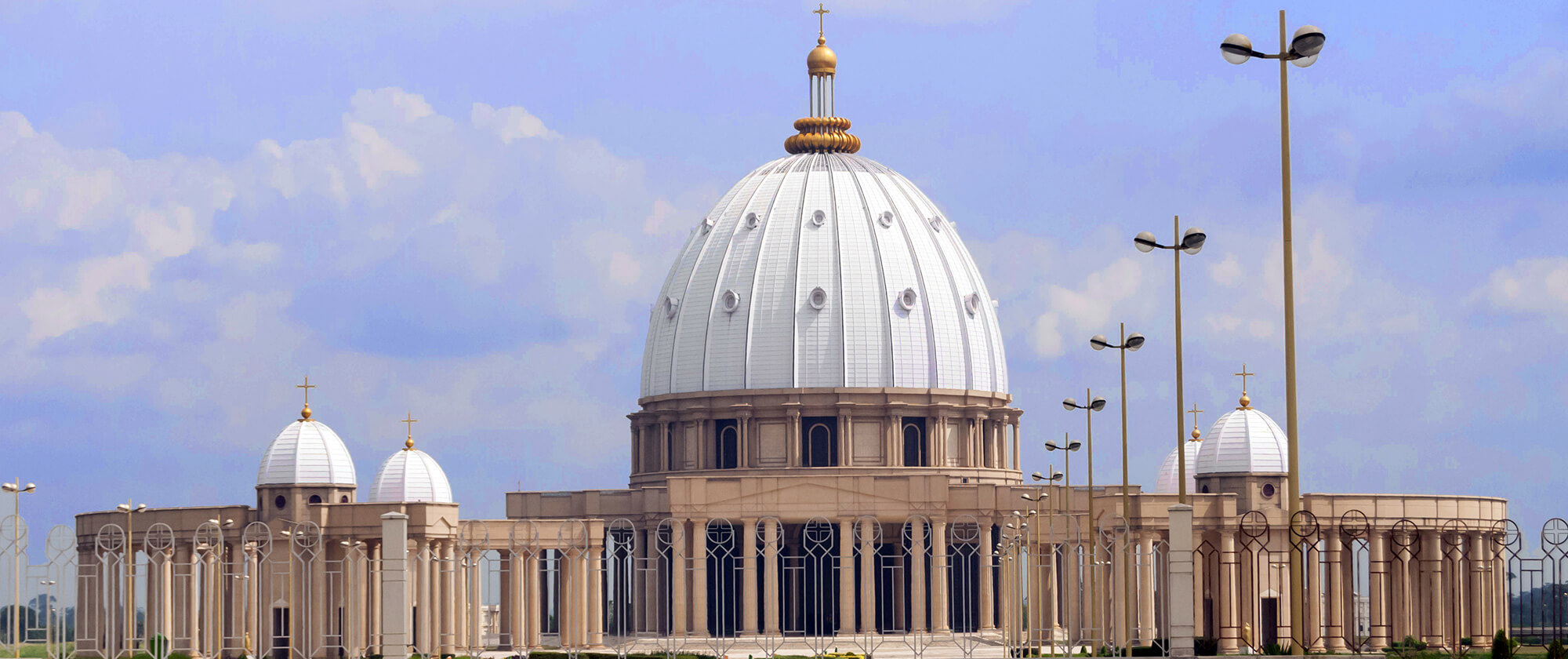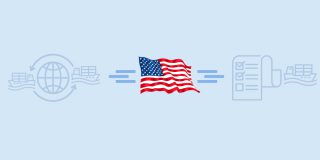Ivory Coast, a country that has traversed through various stages of political turmoil has come a long way and today established itself as one of the fastest growing economies in Africa, with a relatively stable political environment and friendly business environment.
In the 2019 Ease of Doing Business rankings Ivory Coast was ranked 110, a remarkable move up from its 2018 ranking of 122, as per the annual ratings of the World Bank. The economy too has been on an upward trend with GDP gaining at an annual average of around 8% in the last five years.
The country also has to its credit the achievement of being the largest economy in the West African Economic and Monetary Union and comprising 40% of its total GDP.
A market, an industry and a gamut of logistics opportunities
Ivory Coast, the economic engine of the West Africa region is also an indicator of sorts. If the country does well, it bides well for the entire region and if there are issues, even other countries in the region see it as a cause for concern.
The country’s current economic growth is a result of numerous factors – its association with France continuing right from 1960 since its independence, policies conducive to business, encouragement of foreign investment and a focus on agricultural exports being diversified – emerging as the most significant ones. Private investment in a number of areas that include agriculture and agri-business, mining, manufacturing, housing and services has fuelled the surge in economic growth.
In addition, these developments have also created a need for seamless logistics and flow of goods, opening up avenues for service providers like ECU Worldwide Ivory Coast to help businesses leverage opportunities in the region.
Since the country is a market for various finished goods, has its own industry and is also rich in resources like hydrocarbons, ores of gold, copper, manganese, bauxite, iron and also agricultural produce like cocoa, coffee, sugar and cashew nuts, Ivory Coast lends itself to a demand in logistics services for both imports and exports.
The major exports are cocoa beans, cashew nuts, palm oil, bananas, coconuts, timber, fish and petroleum, while the major imports are crude petroleum, rice, medicines, rolling material, frozen fish, machinery and parts.
“Almost all major industries like agriculture, food processing, forestry, mining and textiles require either imports of parts and equipment or exports of the finished products and ECU Worldwide Ivory Coast is perfectly equipped to support them with our seamless LCL, FCL and air freight services” says Christel Sanders, Tradelane Manager Euromed/Africa and Regional Manager West Africa, ECU Worldwide.
The country also offers opportunities for warehousing as commodities for exports are usually brought into the port and then loaded onto containers. There is scope to offer many value-added services as far as commodities like cocoa beans, cashew, palm oil, banana, coconuts, etc. are concerned. In view of that fact that a customs clearance license is vital and may end up being a fairly high investment, many companies look to subcontract and seek end-to-end solutions from an experienced player like ECU Worldwide Ivory Coast.
Connectivity – a significant advantage
One of the key reasons for Ivory Coast’s importance from the standpoint of trade is the connectivity it offers. It plays an important role by being a transit point for cargo to and from neighbouring land-locked countries like Burkina Faso and Mali.
“With ECU Worldwide Ivory Coast, customers have the opportunity to leverage our local expertise as well as global network that operates via more than 300 offices in over 160 countries. We truly connect Ivory Coast to the world and have been providing seamless cargo transportation, helping numerous businesses broaden business horizons”, elaborates Christel Sanders, Tradelane Manager Euromed/Africa and Regional Manager West Africa, ECU Worldwide.
ECU Worldwide Ivory Coast offers direct import services from Antwerp, Le Havre, Marseille and Milan. The rest of the world is covered via Antwerp as a hub. Exports are carried out via Antwerp, from where on-carriages are arranged till the final destination. This is a key strength that ECU Worldwide Ivory Coast is known for and a source of significant competitive advantage.
Experience – backed by a knack of tackling challenges
Offering logistics services in a country where infrastructure is affected by weather conditions is clearly not an easy task. Gaps in managing the infrastructure, public finance as well as the stability of the business environment pose additional challenges.
Being able to work around the congestion and delays that the rains may cause for example, or managing the rail transportation of containers from Abidjan into Ouagadougou, Burkina Faso requires an in-depth understanding of how local rail and road transportation functions as well as thorough, in-depth planning to ensure that delivery timelines are met. This is something an experienced player like ECU Worldwide is well-equipped to provide.
Be it working out the bureaucracy processes or preventing the delays and complications in customs clearance for both imports and exports, it always helps to work with a partner who has local expertise and global capabilities. Especially since the implementation of pre-shipment inspection which may further delay the imports process and the fact that each error leads to a customs fine, businesses prefer a reliable logistics services provider like ECU Worldwide Ivory Coast.
Setting an example of customer-centricity
A customer-centric approach of listening to customers, understanding their needs and offering tailor-made solutions depending on their business requirements, timelines and cargo types has been the key to ECU Worldwide Ivory Coast’s success story.
The team has been able to add new customers to its portfolio and worked on numerous tenders. While some decisions have been delayed due to the COVID-19 outbreak, ECU Worldwide Ivory Coast continues moving ahead. It is all set to work on an end-to-end basis with a customer that is opening up a plantation in the inland of Ivory Coast. The team will handle goods right from the origin till they are cleared and delivered at the plantation. Owing to the country’s strong dependence on France as a supplier, the French strikes in the beginning of the year saw imports face a rough start. However, exports started out really well, and added to ECU Worldwide Ivory Coast’s customer base.
Looking ahead
Supported by private investment, Ivory Coast is looking at continuing its growth trajectory in 2020. Initiatives like the Abidjan urban transport project and infrastructure development that will be needed to host the 2023 Africa Cup of Nations football tournament will lead to increased opportunities for the logistics sector.
Modernisation, better business and governance climate, along with political stability will help drive future growth.
Bolstered by its global network, digital tools and technology like ECU360, a state-of-the-art online platform that has been launched in some countries and approach of ‘listening’ to customers, ECU Worldwide Ivory Coast is in a perfect position to support businesses looking to make the most of the opportunities the country abounds in.














